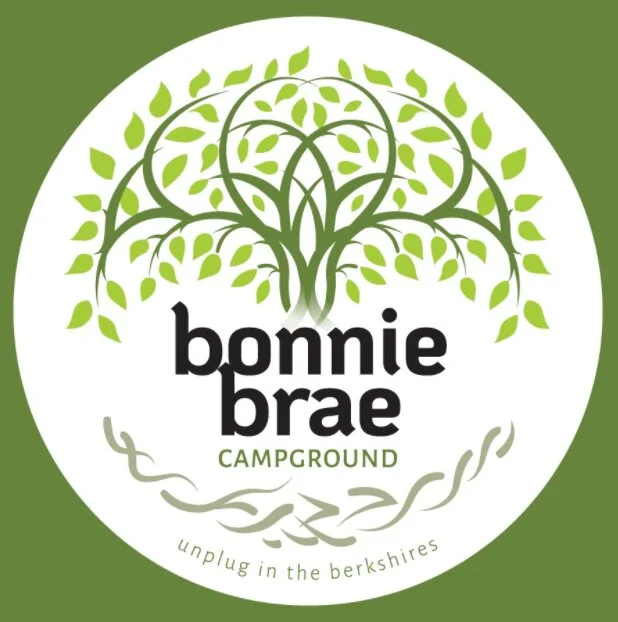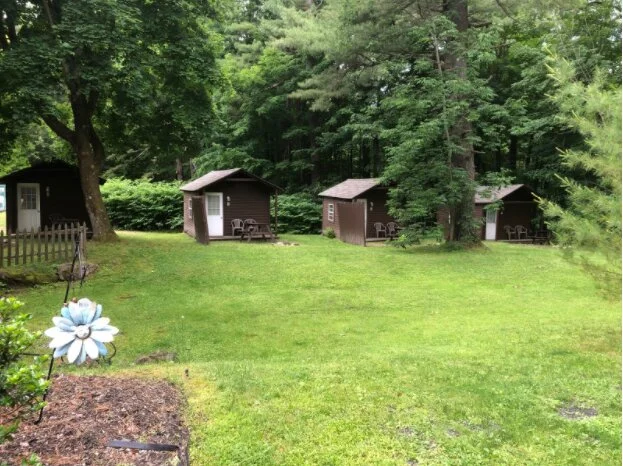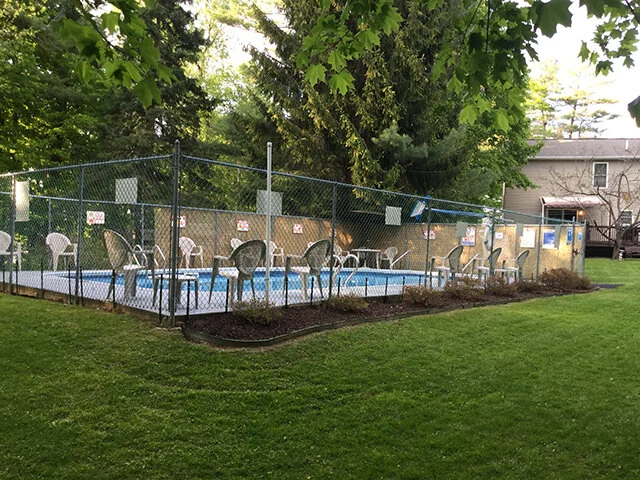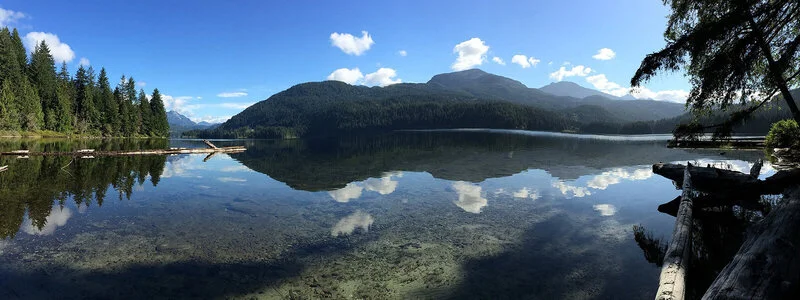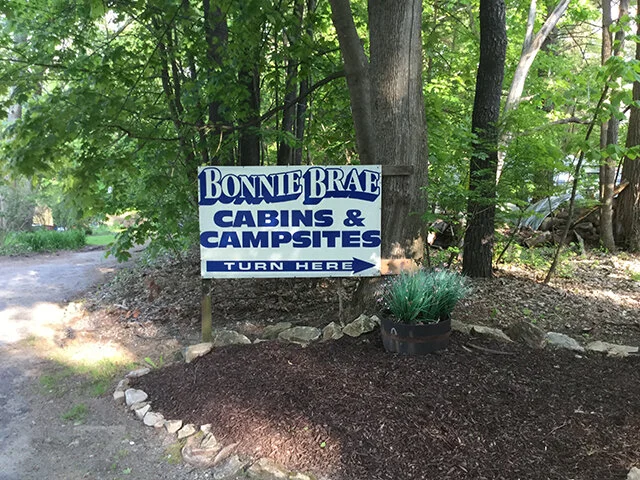My biggest surprise was the homelessness situation. I don't know if this is inherent in campgrounds, but that was unknown to me.
I didn't expect to get calls for people looking to put a tent in for the summer. I'm in a city. We have a problem here like most cities do with homelessness across the country, but that wasn't a challenge I was expecting. I knew, similar to the local parks and other campgrounds, that there was a limit on how long someone could stay tent camping.
I had a lovely young couple my very first season ask if they could pay month to month for a spot. I didn't think anything of it. I was so ignorant to what was happening that I said, "Sure, if you want to camp all summer long, that's fine." They had credit cards, they paid their bills. However, I found out not long after they had nowhere else to live — they were homeless.
I had an older couple for a while. They came into the office at the beginning of the season looking for a place they can go month to month. The older couple wasn't disruptive, but, not long after they came, I had a younger gentleman that needed a place for a couple of weeks until he found an apartment.
Well, a couple of weeks turned into the entire summer. He was disruptive only because, while he was always courteous with me, he would have very loud screaming matches in his tent with no respect for others.
He worked, but he had a rough life, and it showed. I got a lot of complaints when I wasn't watching. Plus, you have one tent in the same spot, month after month, your campground doesn't look very good.
I didn't experience that last summer because we were so busy. I also changed my policy and went along with the rest of the local parks and said no long term tent camping. I raised my rates on tent camping to dissuade it.
There's still a part of me that wishes I can provide everybody with a place to live. Unfortunately, it just affected the other campers' experience. The environment I've built today is very welcoming, clean, family friendly.

